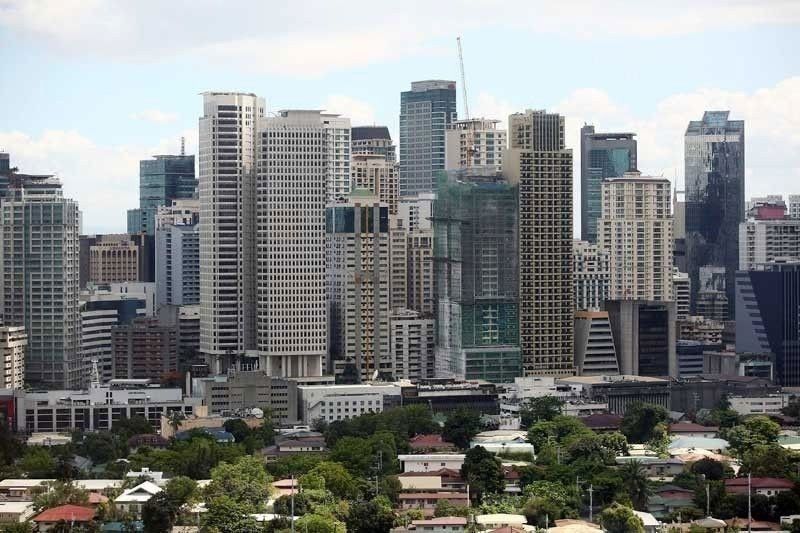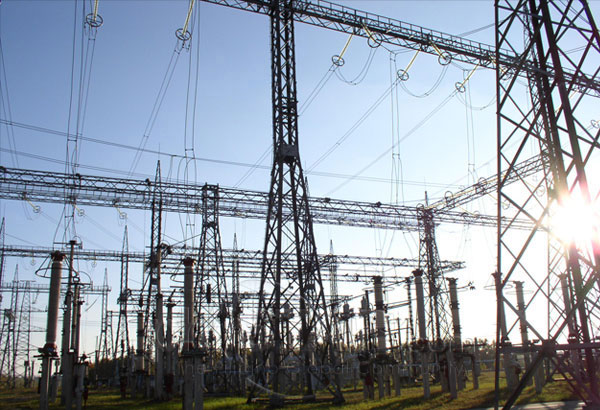Pandemic brings warranted correction in hot property market

MANILA, Philippines — The booming property sector finally bowed down to anemic consumer demand, seeing prices decline for the first time on record in the third quarter in an otherwise welcome correction.
Residential property costs inched down 0.4% year-on-year in the July-September period, the Bangko Sentral ng Pilipinas (BSP) reported on Thursday. This marked the first annual slump since the BSP started tracking home prices in 2016.
On a quarter-on-quarter basis, prices across all home segments crashed a larger 14.1%, data showed.
For the central bank, the property market is now taking the brunt of the health crisis, something that the sector did not feel during the height of coronavirus lockdowns in the second quarter when home prices unusually rallied to a record-high of 27.1% on-year.
Home prices declined as demand for real estate eased with strict restrictions already eased as of September. Loans used to purchase new housing units sank 43.3% year-on-year in the third quarter, although up 59.7% from the preceding 3 months.
“The decline may be partly due to the weak consumer demand for houses and lots,” the BSP said, adding that the latest reading was consistent with a new central bank survey showing consumers' “low preference” to buy real estate property amid the pandemic.
While agreeing to BSP’s assessment, Emilio Neri Jr., lead economist at Bank of the Philippine Islands, sees a silver lining from a dip in property prices, where sustained mark-ups had fueled persistent concern that an asset price bubble is forming. When that happens, the fear is incomes are unable to catch up on rising amortization costs, triggering large scale default.
The BSP has repeatedly denied the property sector is at risk of a bubble.
“This should help temper the increase in rental rates which hopefully mitigates the pandemic’s massive erosion on personal incomes,” Neri said.
“The short-term downside risk is that valuation of collaterals for loans can be more challenging, but that’s the job of credit analysts and they have been trained to figure things out like this. Besides, collateral is only one among several elements of credit evaluation,” he added.
POGO exit effect
Based on the BSP’s report, demand for heavily preferred condominium units faded in the third quarter and shifted to single-detached homes outside the capital. This was an evolving trend that started in the second quarter attributed to work-from-home arrangements that prompted homebuyers to seek bigger and open spaces.
With no need to report to offices, condominiums concentrated on central business districts are no longer warranted. For BPI’s Neri, developers are also reeling from a supposed exit of some offshore gaming firms that use condo units as workspaces. Property consultants at Colliers Philippines agreed.
“In our view, tenants continue to take a wait and see stance and look for opportunities to reduce costs and align their leasing strategies with their long-term business plans while being mindful of the uncertainties in the business environment,” Colliers said in a report released also Wednesday.
BSP data showed prices of condominium units fell 15% year-on-year as of September while duplexes got cheaper by 8.8% compared to year-ago levels. Delays in property launches mean demand can pick up in the second half of 2021, and with it, prices, Colliers said.
On the flip side, prices of townhouses and single-detached homes rallied 12% and 7.4% year-on-year, respectively, in the third quarter.
Still, most home loans extended by banks during the period were used to buy condominium units, cornering 48.7% of the total. This was followed by single detached houses (43%) and townhouses (7.9%).
By area, prices fell 12.2% on-year in Metro Manila, while those outside the capital went up 6.4%, BSP said. That the pandemic has prompted people to move out of the city and live elsewhere could help slow down rapid urbanization and “make the economy’s growth trajectory more sustainable,” Neri said.
For Colliers, developers would need to adopt to the new normal of living with the virus to attract new buyers. “Demand for residential projects will likely hinge on integrated features such as immediate access to essential goods and services,” the firm said.
- Latest
- Trending



























